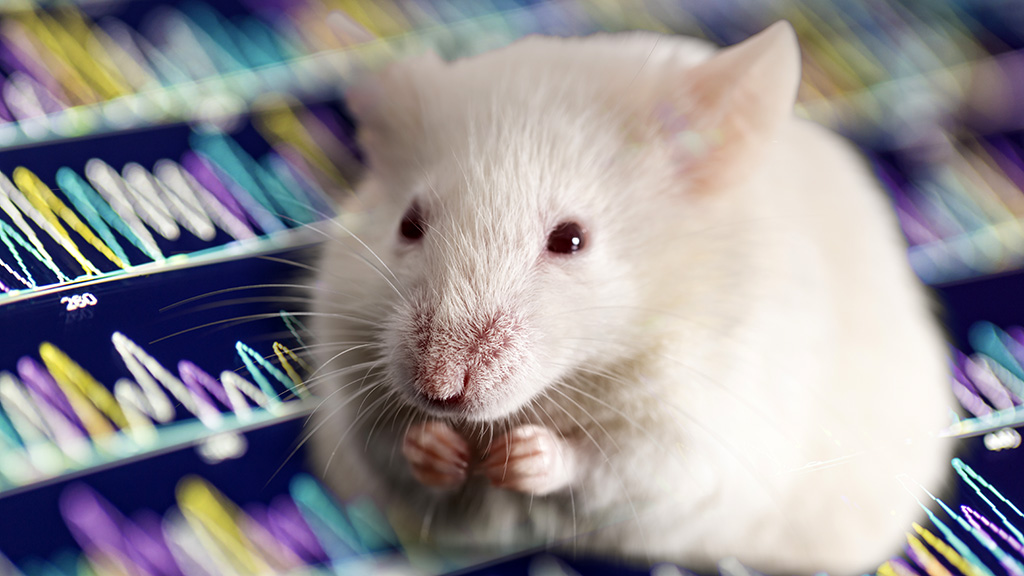Unraveling the molecular mechanisms underlying hematologic disorders
Our overarching research objective is to comprehend the pathological mechanisms driving malignancies, considering both cell-intrinsic and extrinsic alterations. We employ multi-omics approaches and in vivo mouse models to translate our findings into novel therapeutic strategies.
Research Priorities

Biological Consequences of Clonal Hematopoiesis
Leukemia-associated mutations are often identified in individuals without overt hematologic malignancies, known as clonal hematopoiesis of indeterminate potential (CHIP). CHIP is associated with adverse outcomes in non-hematological disorders, including cardiovascular disease. Our research is dedicated to creating disease models that mimic clonal hematopoiesis, unraveling its molecular contributions to hematological and non-hematological conditions.

Characterization of Oncogenic Alterations in clonal hematopoiesis and hematologic disorders
We aim to profile genetic and proteomic changes that drive clonal dominance and resistance to therapy. Our approaches include single-cell RNA/DNA sequencing and serum/plasma proteomics using patient samples. This research aligns closely with our other priorities, such as developing in vivo models to understand the molecular mechanisms underlying these alterations and pioneering new therapeutic interventions.

Innovative Therapeutics
Our ultimate goal is to develop more effective and efficient therapies that target both cell-intrinsic and cell-extrinsic pathways essential for cancer cells. This goal necessitates collaboration with internal and external investigators since drug development is a collaborative endeavor. Our lab collaborates closely with researchers in biomedical engineering at Georgia Tech, Emory, and other research institutions.

